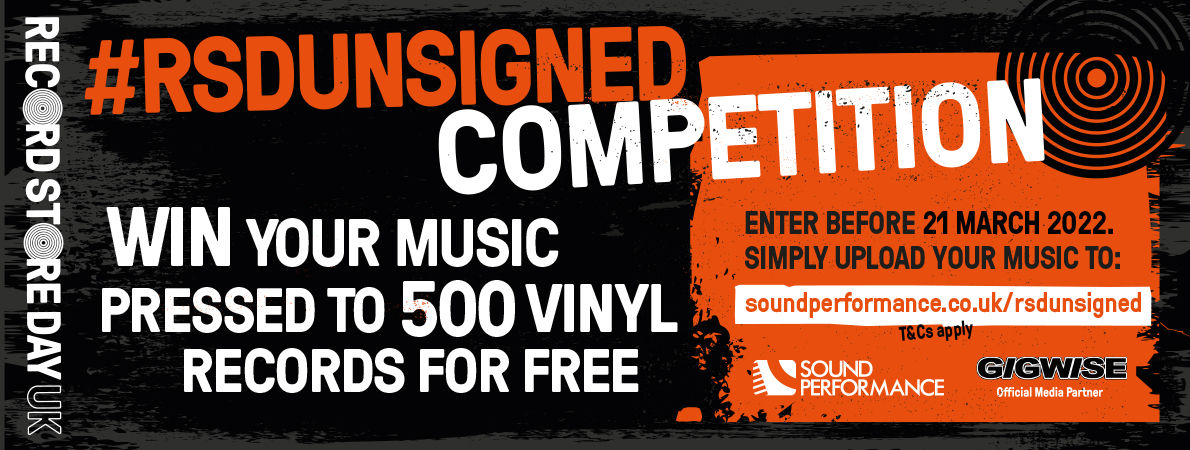More about: CMATDavid KeenanThe ScratchProblem Patterns
Ireland is pure class. While history books, stereotypes and the general lack of road signs may contest this greatness, Ireland’s cultural landscape shows nothing but prosperity. Beyond the rich literary circles spouted, musicians continue to make their mark on our wee island and beyond.
Forget U2, Daniel O’Donnell and the fiddles accompanying the, in my opinion, incredible Riverdancers, and make way for what Ireland and Northern Ireland is now. There’s Fontaine’s D.C., Villagers, Bicep, Hannah Peel, The Murder Capital, Denise Chaila, Joshua Burnside, Kneecap, Sister Ghost, Leo Miyagee… THERE’S SO MUCH. There are those with thick accents and those who you are shocked to know actually live down the road, but they all share an identity that isn’t bound by preconceptions of how they are historically portrayed outside of Ireland.
You might also like...
A pattern evolving from recent music acts is their attachment to the Irish identity. Not simply that they’re Irish but how they use the groundwork of traditional music and reshape it for a post-Mrs Brown’s Boys audience.
Dublin-based acoustic act The Scratch rinse old Ireland of all its glory, in the best possible way. On stage the men take to their seats (yes seats) and thump their instruments with purpose, ringing out a reminiscent sound of their mother country but with a renewed energy. A recent gig in Belfast’s Limelight saw Ryan “The Legs” Kelly take to the stage with the band, the Irish dancer is a practical fixture of The Scratch when touring. His Riverdance style performance was intricately paced with the wholly acoustic instruments, but it translated as a passionate rock anthem rather than trad Irish music. After bowing to a rioting audience, he was gracefully crowd surfed to the bar for a pint. What struck me about this gig—my first experience seeing The Scratch live—was how relevant they made dusty traditions feel.
It wasn’t another trad night at a local pub sneaking shots while your parents weren’t looking, it was in the belly of the beast—I was overwhelmed with pure and unadulterated pride for what can come from the often-overlooked music scene in Ireland.
Another artist paying homage to his roots is Dundalk poet and musician, David Keenan. On the border between Ireland and Northern Ireland, Keenan injects his poetic flare into his music while also referencing classic Irish writers, poets and painters like Francis Bacon, James Joyce and more. Even in mentioning traditional writers, we are drawn into Keenan’s own literary endeavours and deeper into the spirit of Irish art rather than being once again reminded of what we studied in GCSE English. Music and literature live far beyond the pages of old books and just through David Keenan we continue to see it grow for modern Ireland.
Men are, however, not the sole musical magicians in Ireland. CMAT, from Co. Meath, speaks to The Cranberries fans among us. Her modern flirty pop tinged with Julia Jacklin-esque vocals, adds a contemporary flavour to a male-heavy music scene, not just in Ireland. CMAT has previously discussed the specific femininity acceptable in the alternative Irish music scene. Relying on her own authenticity, however, CMAT opts for hyperfemininity—showcasing her personality at face value.
Rather than reflect tradition, the feminine side of Irish music is making a well-needed departure. Going against the grain has become the new norm, however, CMAT does so while also reminding us of old Irish pop from the revived perspective of a girl not conforming. Nonetheless, a woman as a single identity without being defined by a man. I too wanna be a cowboy, baby.
What about the gays? I thought you’d never ask. Derry in Northern Ireland is a melting pot of queer musicians. A city notable for its activism and social appreciation, its people encapsulate this precise need for inclusivity. Derry-based band Cherym are making waves for their unapologetic promotion of queer identities and the normalisation of such in more than just the music industry. Likewise, Belfast-based band Problem Patterns have the same approach even labelling themselves Queerpunk.
An incredible fusion of identity and genre has erupted in Northern Ireland and Ireland, all grounded by Irishness. The art and artist relationship cannot be severed for these musicians, their Irish identity informs their artistry and vice versa—both evolve together in the making of today’s Irish music industry. And frankly, thank God. We’re not just necking pints and eating Tayto with yer man who’s yer mammy’s cat’s cousin. Well, we are, but we’re also pioneering an identity transcending cultural barriers of our history.
Being Irish and not being Irish feels like a choice when you’re not in Ireland. Living away taught me to forget what it is to be Irish and the history that constructed my dithering identity. Since moving back, I have realised that forgetting isn’t erasing, and I will never bleed the Irish out of me. It has been the culture built from traumatic instances in Ireland that has taught me pride in being Irish. The constant revival of different art forms is a testament to the resilience of the Irish identity, one to be embraced, not forgotten.
More about: CMATDavid KeenanThe ScratchProblem Patterns





